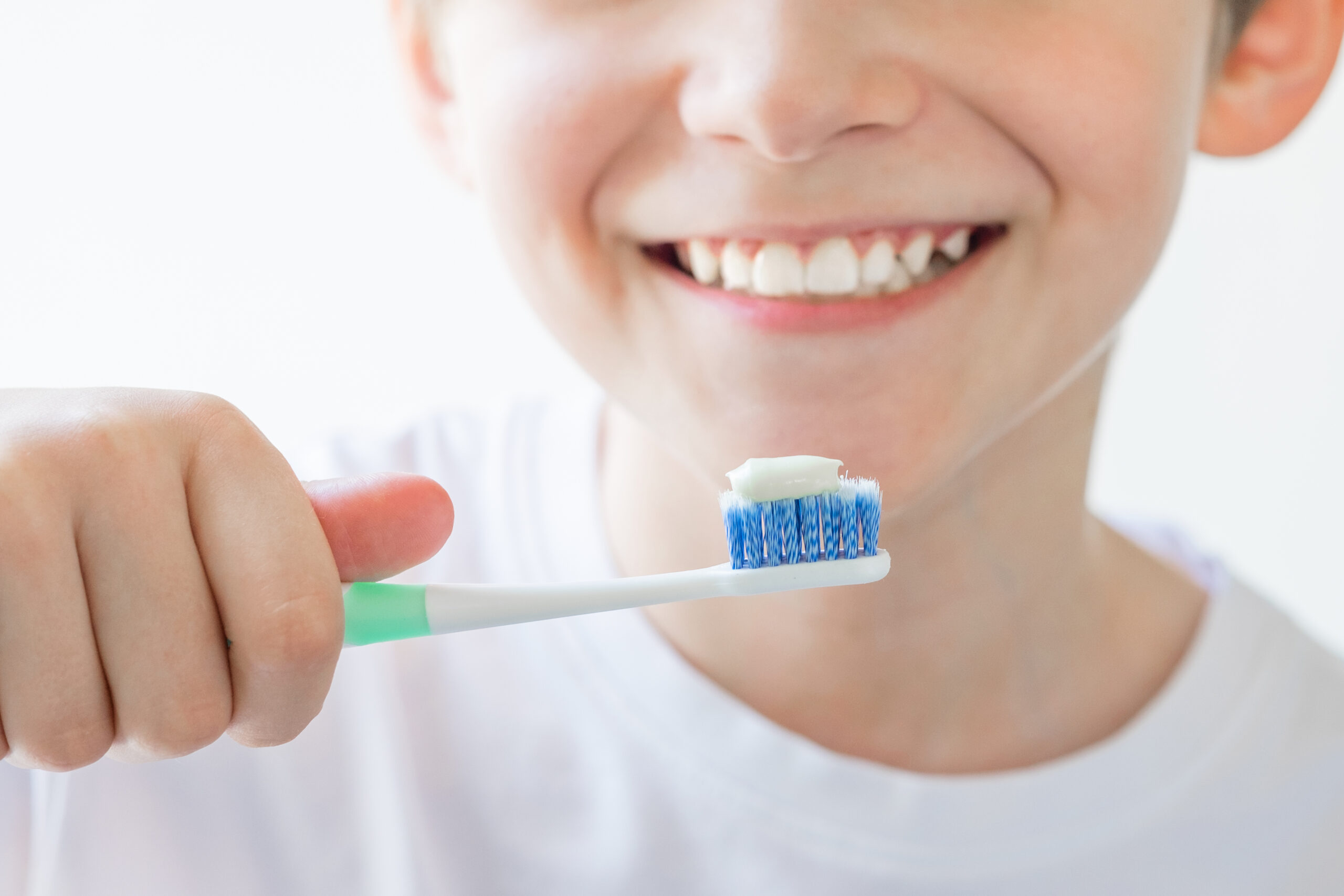Table of Contents

The FDA is planning to ban ingestible fluoride supplements for children amid mounting concerns that the long-used cavity prevention treatment may cause brain damage and reduced IQ.
At a Glance
- The FDA plans to phase out ingestible fluoride supplements for children by late October 2025 due to potential neurodevelopmental risks
- FDA Commissioner Marty Makary cited concerns about fluoride's effects on gut bacteria and possible links to decreased IQ
- Health Secretary Robert F. Kennedy Jr. has labeled fluoride a "dangerous neurotoxin" while forming a task force to review its use
- The American Dental Association opposes the ban, warning it could harm rural communities with limited dental care access
- The ban would not affect fluoride in toothpastes or mouthwashes, only ingestible supplements
FDA Takes Action Against Children's Fluoride Supplements
U.S. health regulators are moving to remove ingestible fluoride supplements from the market, targeting products that have been recommended for decades to prevent tooth decay in children. The Food and Drug Administration plans to conduct a scientific review of these products by late October, with the goal of asking manufacturers to voluntarily withdraw them. This action specifically targets unapproved ingestible fluoride products and will not affect fluoridated toothpastes or mouthwashes that are applied topically rather than swallowed.
The supplements in question are typically prescribed for children who live in areas with low fluoride levels in local water supplies. Since 1962, the CDC has recommended adding fluoride to drinking water to reduce tooth decay, with about one-third of U.S. water systems currently providing fluoridated water. The U.S. Preventative Services Task Force and American Dental Association have historically recommended fluoride supplements for children at high risk of cavities, particularly those in areas without fluoridated water.
Health Concerns Drive Regulatory Action
The FDA's decision comes amid growing scientific evidence suggesting potential neurological risks from fluoride exposure. FDA Commissioner Marty Makary pointed to concerns about fluoride's effects on gut bacteria and its potential link to decreased IQ levels in children. A National Toxicology Program report has linked high fluoride levels in water to lower IQs in children, and recent studies, including a meta-analysis by Harvard and China Medical University, suggest fluoride may adversely affect cognitive development.
Health Secretary Robert F. Kennedy Jr. has been a vocal critic of fluoride, describing it as a "dangerous neurotoxin." Under his direction, the Department of Health and Human Services has formed a task force to review fluoride's use. Beyond neurological concerns, other reported issues include potential links to thyroid problems and weight gain. The EPA currently sets a maximum allowable fluoride level in drinking water to prevent skeletal fluorosis, a condition that causes bone pain and damage.
Dental Community Divided
The American Dental Association has pushed back against the FDA's plan, arguing that current fluoride levels do not demonstrate harmful effects. ADA President Dr. Brett Kessler warned that removing fluoride supplements could harm rural communities and others with limited access to dental care. The organization has previously recommended fluoride supplements for high-risk children up to 16 years old, particularly in areas where water fluoridation is not available.
Since 2010, over 170 communities have stopped water fluoridation, with Utah becoming the first state to ban it entirely in 2025. Interestingly, Utah has made fluoride supplements available without a prescription, reflecting the complex balance between concerns and benefits. If the FDA's ban takes effect, children would need to rely primarily on fluoridated toothpaste and mouthwash for cavity prevention, along with reduced sugar consumption and improved oral hygiene practices.
The FDA's move represents a significant shift in public health policy regarding a practice that began in 1945 and has been credited with significantly reducing cavities across the United States. As the scientific review proceeds, parents and healthcare providers will need to weigh the potential risks against the well-established dental benefits of fluoride while considering alternative approaches to children's oral health.
AD
Most Recent
AD
